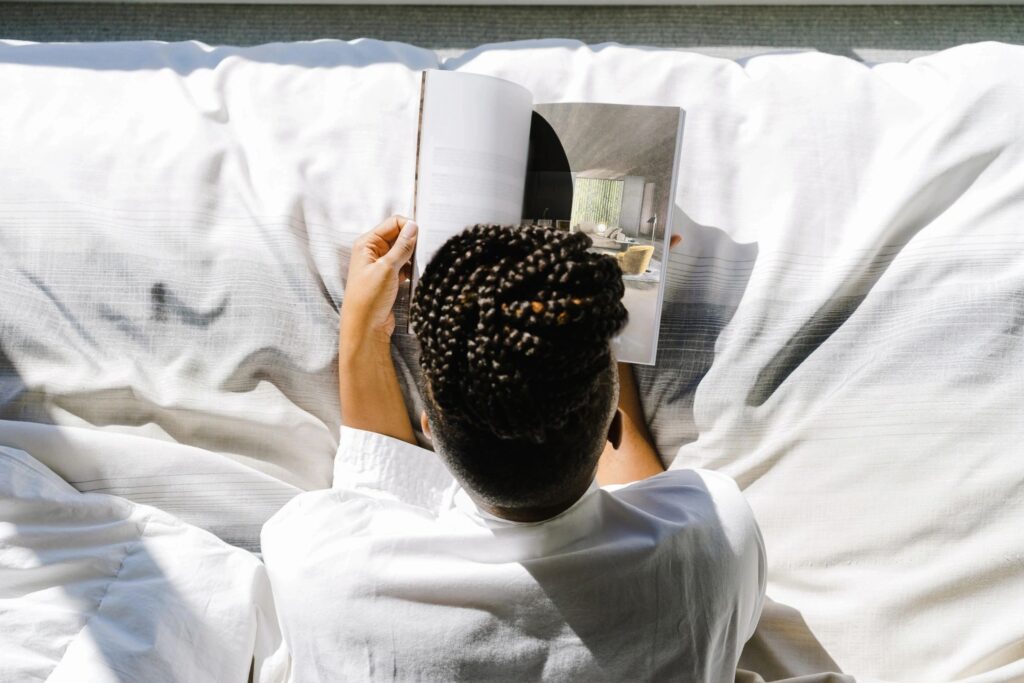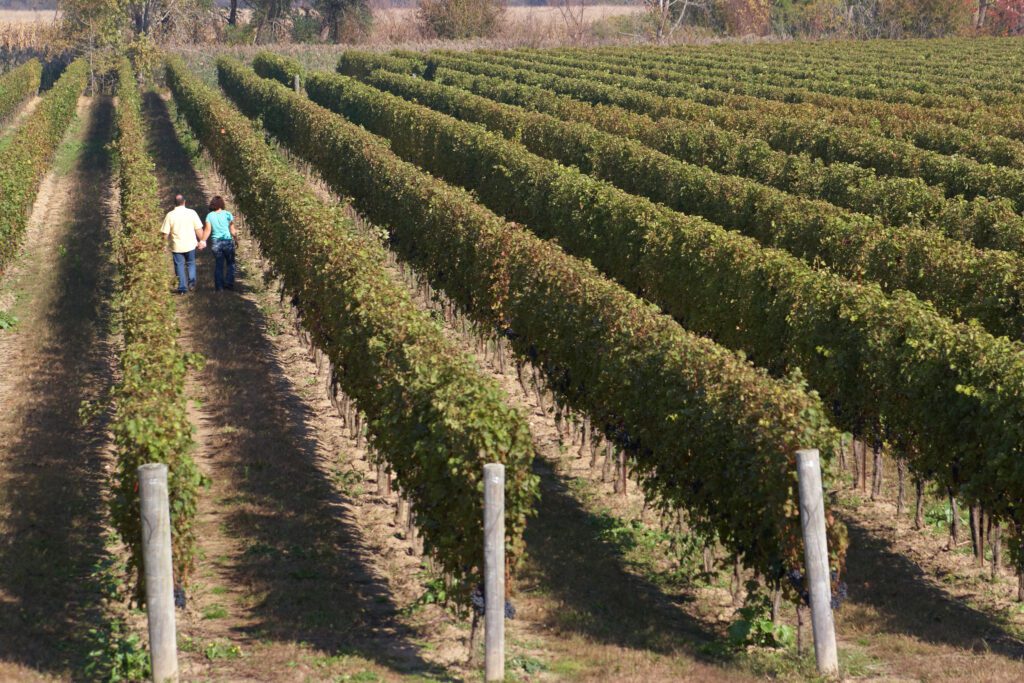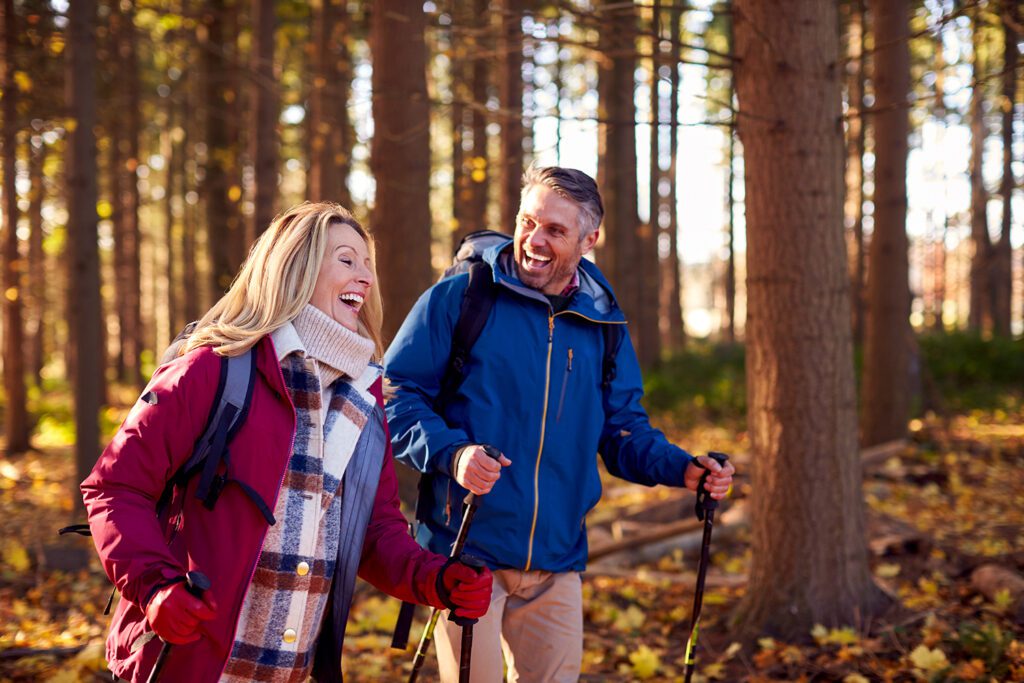Travel experiences offer a unique and lasting source of happiness that material possessions simply can’t provide. Research from Dr. Thomas Gilovich, a psychology professor at Cornell University, has proven that people derive more joy from their experiences than from acquiring things. This insight into the psychology of happiness explains why travel experiences boost happiness.
The Psychology Behind Travel Experiences
Dr. Gilovich has spent years studying the relationship between happiness and consumption and has come to a clear conclusion: experiences make people happier than material goods. The reasoning lies in how humans adapt to their surroundings and possessions. As Dr. Gilovich points out, “One of the enemies of happiness is adaptation. We buy things to make us happy, and we succeed, but only for a while.” Whether it’s a new car, a bigger house, or the latest phone, people quickly get used to their new possession, and the excitement fades.
In contrast, experiences are deeply personal and leave a lasting impact on individuals. Experiences become part of our identity in a way that material possessions never can. Dr. Gilovich explains: “Our experiences are a bigger part of ourselves than our material goods. You can really like your material stuff. You can even think that part of your identity is connected to those things, but nonetheless, they remain separate from you. In contrast, your experiences really are part of you. We are the sum total of our experiences.”
Why We Adapt to Possessions
The human brain is wired to adapt quickly to new conditions, including the things we own. Psychologists refer to this process as “hedonic adaptation,” and it’s a key reason why material purchases don’t make us happy for long. The initial excitement we feel from purchasing something new diminishes over time as we get used to it. Whether it’s a brand-new couch or a state-of-the-art television, the thrill eventually wears off, and we’re left wanting the next big thing.
This constant cycle of acquiring new possessions to achieve happiness can leave us feeling empty, which is why experiences offer a more sustainable source of joy. When we go on a trip, for example, we not only experience the joy in the moment but also create memories that last long after the trip is over.
The Impact of Travel Experiences on Happiness
Travel experiences, in particular, have a significant effect on happiness. Visiting new places or revisiting beloved destinations provides us with opportunities to learn, grow, and feel connected to the world. These experiences stay with us long after the trip ends and often shape who we are. That’s why the travel industry is so diverse; there’s an experience out there for everyone. What does your ideal travel experience look like? We came up with a few examples from memorable travel experiences that are sure to boost happiness.
Exploring a National Park
Imagine setting off on a trip to a national park you’ve never visited before. The excitement of venturing into the unknown, hiking trails surrounded by breathtaking landscapes, and spotting wildlife create an exhilarating and joyful experience. Every step you take not only enhances your appreciation of nature but also gives you a sense of accomplishment.
As Gilovich’s research highlights, experiences like this become a part of who we are. The physical challenges, the beauty of the park, and the memories created with travel companions all contribute to a greater sense of happiness. The joy from these experiences doesn’t fade like the excitement over a new pair of hiking boots might; instead, it deepens as the memory takes root.

Reading by the Lake
Even more relaxing, a vacation spent lounging by a serene lake, reading ten books in a week, can be just as fulfilling. While it may seem like a simple activity, the anticipation of diving into new stories and spending days by the water creates a powerful sense of happiness. The combination of intellectual stimulation from reading and the peace that comes with nature offers a sense of fulfillment.
This experience highlights another important aspect of why travel experiences boost happiness: the joy of anticipation. Research shows that just planning a trip or vacation can bring happiness, sometimes even more than the actual vacation. The anticipation of that peaceful time by the lake, with ten books ready to go, gives travelers something to look forward to, lifting their mood in the days leading up to the trip.

Touring a Picturesque Wine Region
For those who love wine and the beauty of nature, a trip to a picturesque wine region offers the perfect blend of indulgence and serenity. Imagine traveling through vineyards, sipping on expertly crafted wines, and enjoying the scenery of rolling hills and expansive grape fields. Not only does this experience cater to the senses, but it also provides an opportunity to learn about winemaking and the rich history of the region.
This type of travel experience offers a multi-sensory adventure, which often makes it more memorable. The sight of the vineyards, the taste of the wine, the smell of the earth—all of these create a lasting imprint. According to Gilovich, these experiences stay with us long after the trip ends, and every time we reflect on the vacation, we can relive the joy it brought us.

Overcoming the Adaptation Trap
Gilovich’s research reminds us that no matter how exciting a new car or piece of technology may be, we quickly adapt to our material possessions. This phenomenon creates a never-ending cycle of wanting more, leading to short-term bursts of happiness but never fulfilling us in the long run. Experiences, on the other hand, offer long-lasting happiness because they shape our identity and provide lasting memories.
Travel experiences, in particular, create lasting happiness because they challenge us, inspire us, and give us a sense of purpose. Whether you’re out exploring in nature, reading a book by the lake, or touring a wine region, you’re creating memories that will stay with you forever.
Why Experiences Outshine Possessions
There are several key reasons why travel experiences bring more joy than material possessions:
- They help us grow: Whether we’re learning about a new culture or conquering a physical challenge, travel experiences push us beyond our comfort zones and make us feel more accomplished.
- They’re unique: Every experience is different, even if you visit the same place multiple times. You can buy the same pair of shoes as someone else, but no two people will have the exact same travel experience.
- They foster connection: Travel often involves sharing the experience with others, which strengthens relationships and brings a sense of belonging.

The Role of Social Connection in Travel
Travel experiences also have the unique ability to bring people closer together. Whether you’re traveling with friends, family, or a group of strangers, the shared experience creates bonds and memories that are far more meaningful than the shared ownership of material items. Travel fosters relationships and offers the opportunity for growth, both individually and together.
Investing in Experiences for Lasting Happiness
In conclusion, the research is clear: travel experiences boost happiness far more than material possessions. As Dr. Gilovich explains, we are the sum of our experiences, and the memories we create during travel stay with us for a lifetime. Whether it’s hiking through a national park, reading by the lake, or sipping wine in a beautiful vineyard, these experiences provide lasting joy and fulfillment that material goods simply can’t match.
For those looking to prioritize happiness, the answer is clear: invest in experiences, not things. By planning memorable trips and seeking out new adventures, you’ll be investing in happiness that lasts a lifetime. Dreaming up your next travel experience starts at Dream BNB Hospitality.

Sources
Gilovich, Thomas.
Research on experiences versus material goods for happiness:
- Gilovich, T., & Kumar, A. (2015). “The Surprising Power of Experiences Over Things”
Available at: Cornell Chronicle
Psychology Today
Discusses the impact of experiences over possessions on happiness:
- Lyubomirsky, S. (2016). “Why Experiences Are Better Than Possessions”
Available at: Psychology Today






